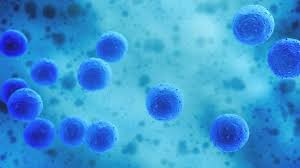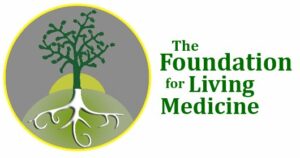
We’ve read about new strides in the field of stem cell research. We’ve learned that when cells grow, they divide and develop into replicas of the specialized ‘parent’ cells that had divided in order to form them. By contrast, Stem cells are undifferentiated cells that have not yet formed into a certain type of cell in the body. They have the ability to remain as stem cells or to differentiate and form into another type of cell with a specialized function in the body.
Stem cells are highly important because they are capable of developing into different cell types that the body may need. They also serve as a repair system for replacing old and/or damaged cells.
Stem cells live together in little groups or sort of ‘neighborhoods’ in our adult tissues, which researchers call “niches.” Sort of like an HOA (homeowners association), the niche neighborhoods provide protection and regulation. Specifically, they provide a protective space where the stem cells can stay together and remain undifferentiated, and at the same time, they also regulate how the stem cells operate in cell generation, maintenance, and repair.
Many researchers are studying the process of cell development in order to replicate specific cells that may be needed for implanting into patients to treat various diseases.

Specifically, researchers at the Sanford Burnham Prebys Medical Discovery Institute have discovered a protein called OCT4 that controls the range of what stem cells may become. “In a sense, we’ve found the code for stem cells that links the input — signals like vitamin A and Wnt — to the output — cell type,” said Laszlo Nagy, M.D., Ph.D., professor and director of the Genomic Control of Metabolism Program and senior author of the study. “Now we plan to explore whether other transcription factors behave similarly to OCT4 — that is, to find the code in more mature cell types.”
To learn more about this incredible research, check out the sources below:
Breakthrough in Understanding How Stem Cells Become Specialized
Are Stem Cells and Regenerative Medicine Living Up to Their Promises?
